The Various Types Of
Epoxy Flooring Systems
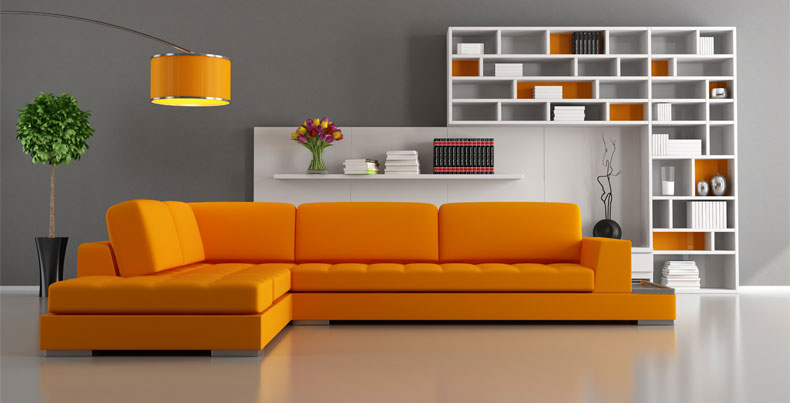
When we take a look back a few decades, we will find that epoxy flooring was not a popular or even desirable flooring solution as it didn’t have many variations for different settings that other floorings were being used. This led to epoxy being overpriced and while only being used in demanding industrial and commercial settings. But with the recent innovations in epoxy flooring, we are seeing that the flooring is used more and more every year! So today, we are going to go through a few of the epoxy systems that have led to the flooring gaining this popularity in the recent years down below.
100% Solid Epoxy Systems
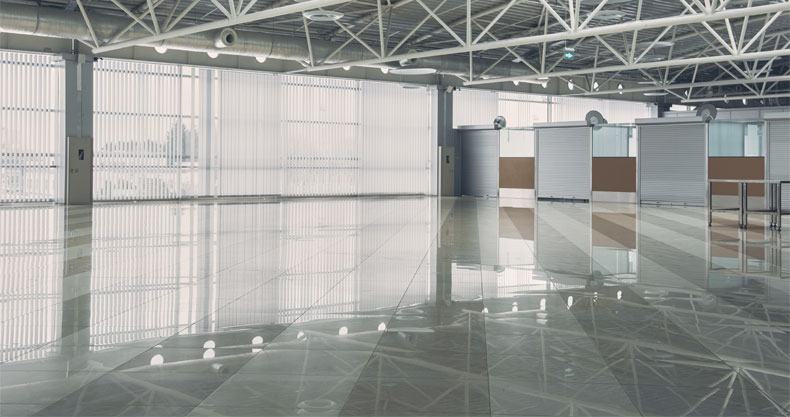
The 100 percent solid epoxy is one of the strongest and longest-lasting flooring solutions on the market today. Unlike other variants of epoxy, this system uses no other solvents in its mixing process, just pure epoxy. With the use of pure epoxy, you can expect to have a high-performing flooring system capable of handling up to 15,000 PSI when properly installed. This is not a standard weight allowance and you can tell by looking at the weight tolerance of normal concrete which is around 3,500 PSI. But even with a high-grade flooring system, some disadvantages are bound to come with the advantages. Down below, you will find a few of the advantages and disadvantages of using this coating:
Pros
- Offers high damage tolerance
- Can be ready for use in as little as 1 hour
- Can last high traffic areas 20-25 years
Cons
- Is best installed by trained professionals
- Hard to obtain without a contracting license
- Will be more expensive to obtain that lesser epoxies
Water-Based Epoxies
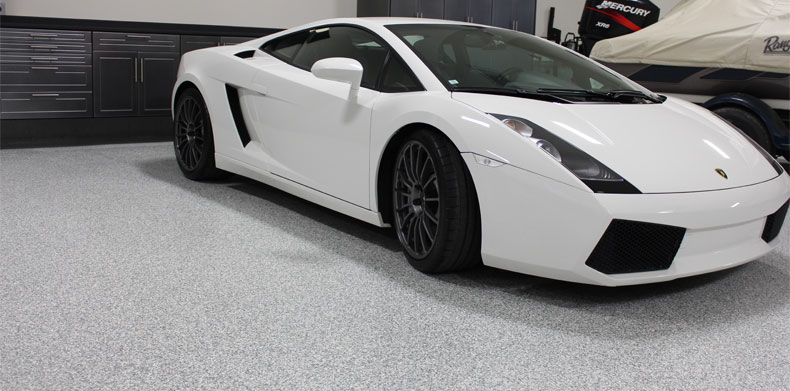
The tier lower than the 100 percent solid epoxy stands the water-based epoxy system. The reason why they are called water-based epoxy is that unlike 100 percent solid systems, waterbased epoxies use water as a solvent. This is the type of epoxy recommended for light-duty commercial facilities and residential garages as they’re more than adequate performance and appealing appearance. While water-based epoxies are not as durable as the 100 percent solid epoxy, you will find that this flooring competes with top of the line flooring systems such as polished concrete. But, do not expect the same cure times as its higher-grade counterpart, water-based epoxies tend to take anywhere from 24-72 hours before they are rated for heavy-duty use.
Metallic Epoxy Flooring
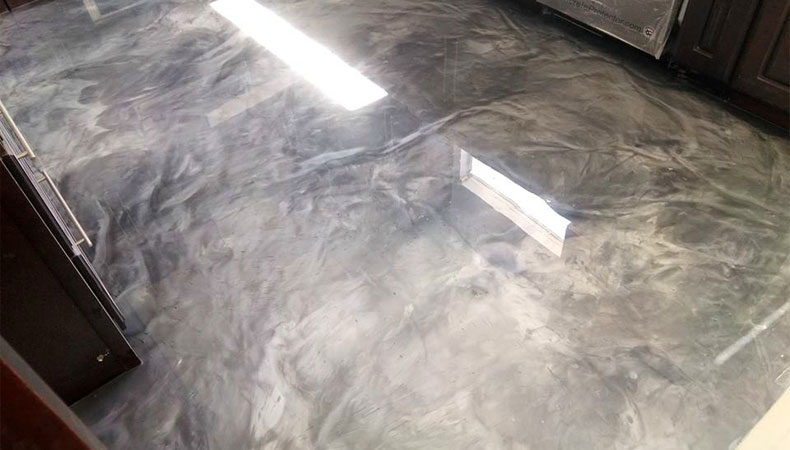
Metallic epoxies are becoming widely known for their highly customizable appearance in both the residential and commercial markets. While the cost to install this flooring system may triumph even over the 100 percent solid epoxy, you will find that the finishes are not comparable to other systems on the market. With the use of specialized metallic pigments, contractors use brushes, solvents, and squeegees to produce jaw-dropping finishes that are one of a kind every time. With this technique, your flooring can replicate the appearance of clouds, burning embers, and even crashing waves. But there are pros and cons of using this flooring system and you can find them down below:
Pros
- Can make an area up to 150% brighter with lighter colors
- Can be installed using the 100 percent solid epoxy base
- Provide an easy to clean surface with a seamless finish
Cons
- Only trained contractors can install it perfectly
- Near impossible to DIY with toxic fumes
- Will cost 4-8 dollars a square foot more than standard epoxy
Epoxy Flaked Flooring
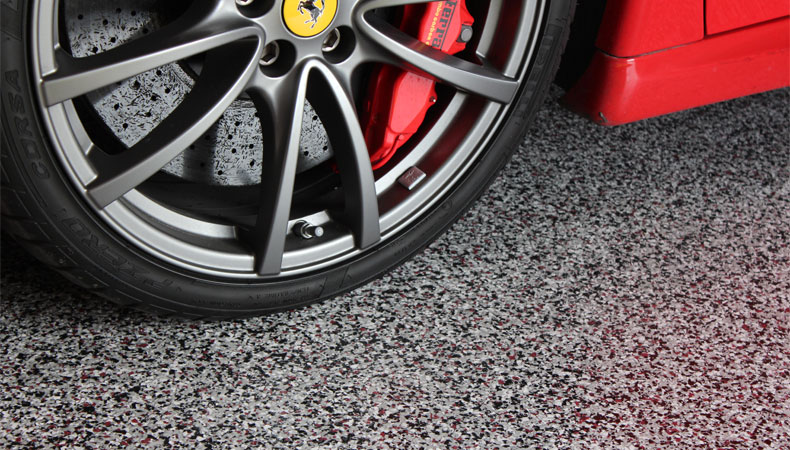
Epoxy flake flooring is by far the most popular epoxy on this list as most of the time it is the most affordable but offers the most customization at its pricing point. Even though many consider this variant of epoxy to be extremely limited to where it can be used, millions of residential garages use it thanks to its customization that offers multi or single-colored flakes in an endless configuration of color schemes. This epoxy is also functional, offering more than a one of a kind appearance. The flakes in the epoxy give the otherwise seamless and smooth flooring texture hence, making it safer and easier to walk on when the flooring becomes wet or soiled.
Epoxy Base Finishes
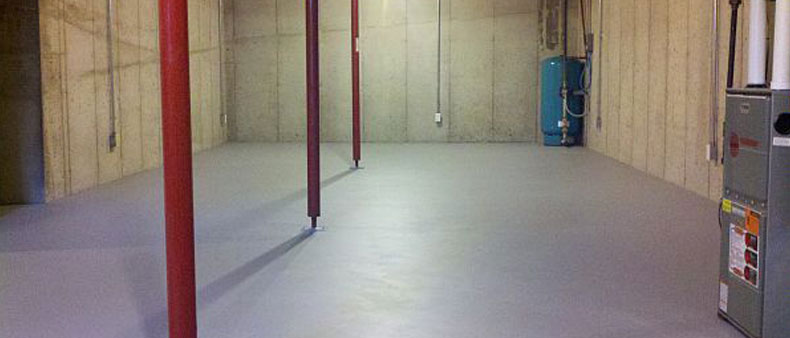
We get it, not everyone loves the styling or the feel of epoxy flooring but that doesn’t mean that you should completely rule out an epoxy. There are variations of epoxy that can be used as a coating that will be used as a base for your flooring system of choice, for example, the vapor lock epoxy. Vapor lock epoxies are most commonly used in basement waterproofing and other general areas that are exposed to moisture, keeping moisture out of your concrete. Another example of an epoxy base coat is the anti-static epoxies that are non-conductive, making it the perfect system for data centers, server rooms or anywhere that handles sensitive electronics.
There you have it, the most common forms and variations of the revolutionary epoxy flooring system. Now that you know that not all epoxies are a dull, gray and depressing flooring system, it is time to think about which epoxy is right for you. Remember, while using a contractor can cost you more upfront, they will save you thousands of dollars in the long run. We leave you with our best wishes on your next project and those to come!
